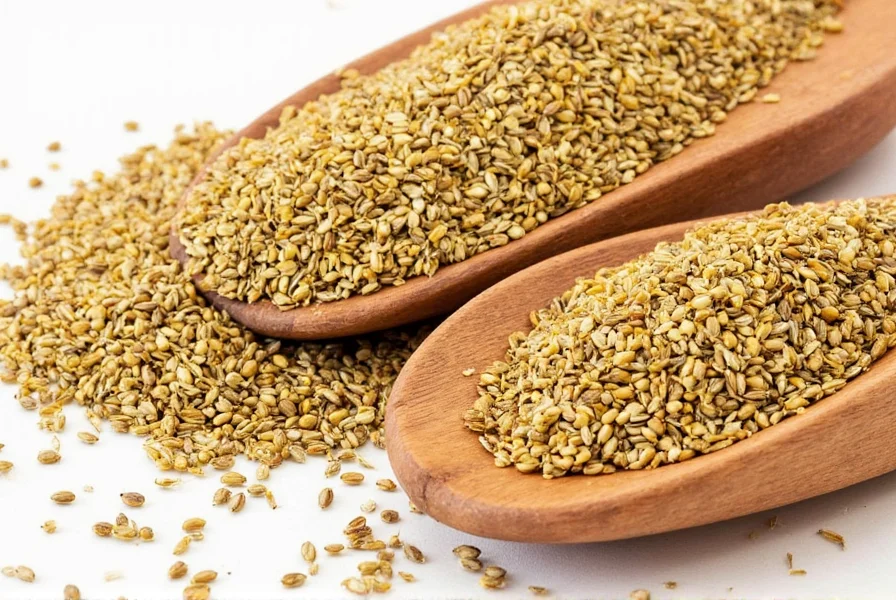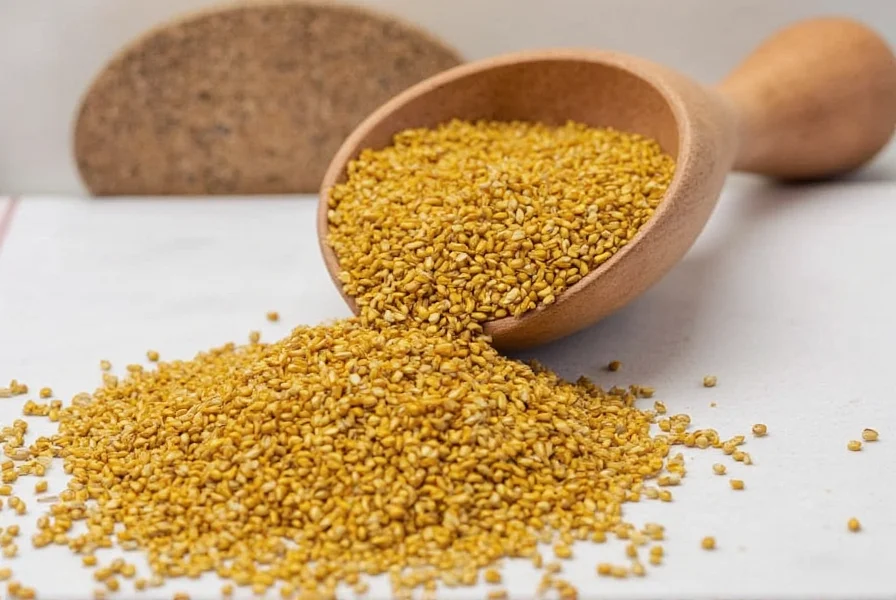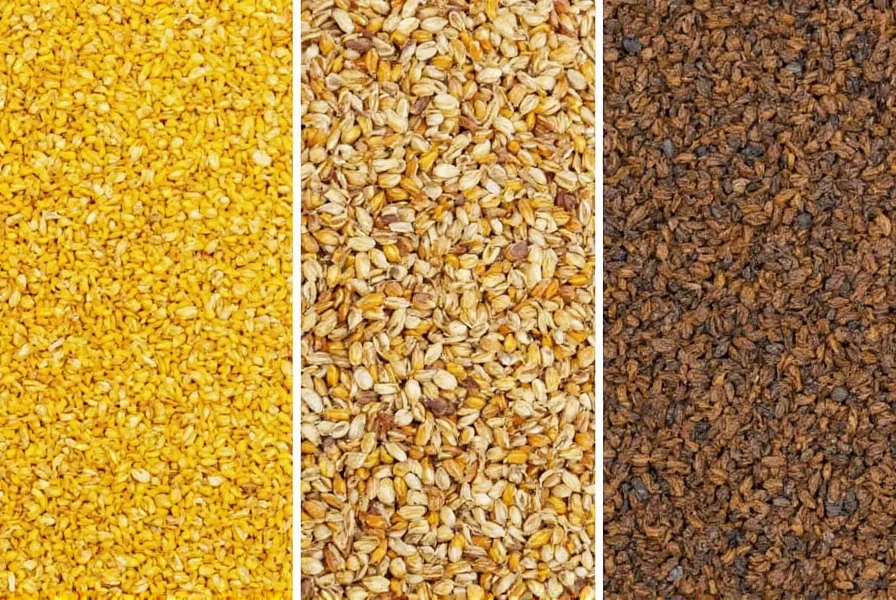The most effective mustard seed replacements are prepared mustard (use 1 teaspoon for every 1/2 teaspoon of seeds), mustard powder (1:1 ratio), or a combination of turmeric and vinegar for color and tang. The best substitute depends on your recipe type—prepared mustard works well in dressings, while mustard powder suits dry rubs and spice blends.
Running out of mustard seeds doesn't have to derail your cooking plans. Whether you're preparing Indian curry, pickling vegetables, or making homemade mustard, understanding proper substitutions ensures your dishes maintain their intended flavor profile. This guide explores scientifically-backed alternatives that preserve both taste and texture in various culinary applications.
Understanding Mustard Seed's Culinary Role
Mustard seeds contribute three essential elements to recipes: pungent flavor, subtle heat, and textural contrast. Black, brown, and yellow varieties offer different intensity levels, with black seeds being most potent. When substituting, consider whether your recipe requires the seeds' visual presence, their burst of flavor when cooked, or simply their distinctive taste.
Top Mustard Seed Replacements by Application
| Substitute | Best For | Conversion Ratio | Flavor Notes |
|---|---|---|---|
| Prepared yellow mustard | Dressings, marinades, wet recipes | 1 tsp mustard = ½ tsp seeds | Milder, adds liquid content |
| Mustard powder | Dry rubs, spice blends, baking | 1:1 replacement | More concentrated heat |
| Turmeric + vinegar | Color replacement in pickling | ¼ tsp turmeric + 1 tsp vinegar | Provides color without heat |
| Horseradish (fresh) | Meat dishes, robust sauces | ¼ tsp horseradish = 1 tsp seeds | Sharper heat, different flavor profile |
Recipe-Specific Substitution Guide
For Indian Cooking and Curries
When replacing mustard seeds in tempering (tadka), mustard powder provides similar flavor but lacks the pop of whole seeds. For authentic texture, try fennel seeds at a 1:1 ratio—they offer comparable crunch with complementary flavor. In Bengali cuisine specifically, ground radish seeds serve as traditional alternative when mustard seeds aren't available.

For Pickling and Preserving
The best mustard seed replacement for pickling depends on whether you need flavor or visual elements. For flavor, use 1 teaspoon prepared mustard per ¼ cup vinegar solution. For visual similarity without heat, combine ¼ teaspoon turmeric with 1 teaspoon apple cider vinegar per cup of brine. Avoid horseradish in light-colored pickles as it may discolor vegetables.
For Salad Dressings and Mayonnaise
Prepared mustard works perfectly as a direct replacement in creamy dressings. For every teaspoon of mustard seeds called for in emulsified dressings, use 1½ teaspoons prepared mustard. This accounts for both flavor and the emulsifying properties seeds provide. Dijon mustard makes an excellent substitute when recipe specifies black mustard seeds.
Common Substitution Mistakes to Avoid
Many home cooks make critical errors when replacing mustard seeds. Using wasabi powder as direct substitute creates overwhelming heat—wasabi's pungency comes from different compounds that dissipate faster than mustard's. Similarly, substituting whole peppercorns provides texture but lacks the distinctive mustard flavor profile. Always adjust liquid content when using prepared mustard, as its water content affects recipe consistency.
Creating Custom Mustard Seed Blends
For advanced cooks, creating your own mustard seed alternative provides superior results. Combine ¼ teaspoon mustard powder, ⅛ teaspoon turmeric, and a pinch of cayenne for every teaspoon of mustard seeds needed. Bloom this mixture in hot oil first to activate flavors, mimicking the tempering process of whole seeds. This approach works particularly well for mustard seed replacement in gluten-free cooking where commercial prepared mustards may contain wheat-based thickeners.

Storage Considerations for Substitutes
Unlike whole mustard seeds which retain potency for 3-4 years, most substitutes have shorter shelf lives. Prepared mustard loses pungency after 6 months, while mustard powder remains effective for 12-18 months when stored in airtight containers. For long-term storage solutions, keep mustard powder in the freezer—this preserves volatile compounds responsible for its characteristic heat.











 浙公网安备
33010002000092号
浙公网安备
33010002000092号 浙B2-20120091-4
浙B2-20120091-4